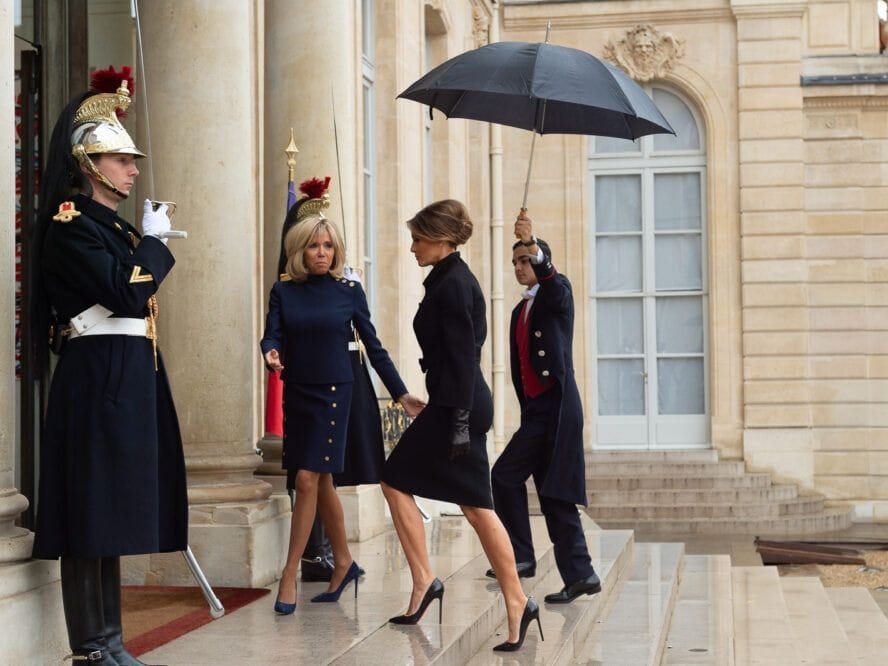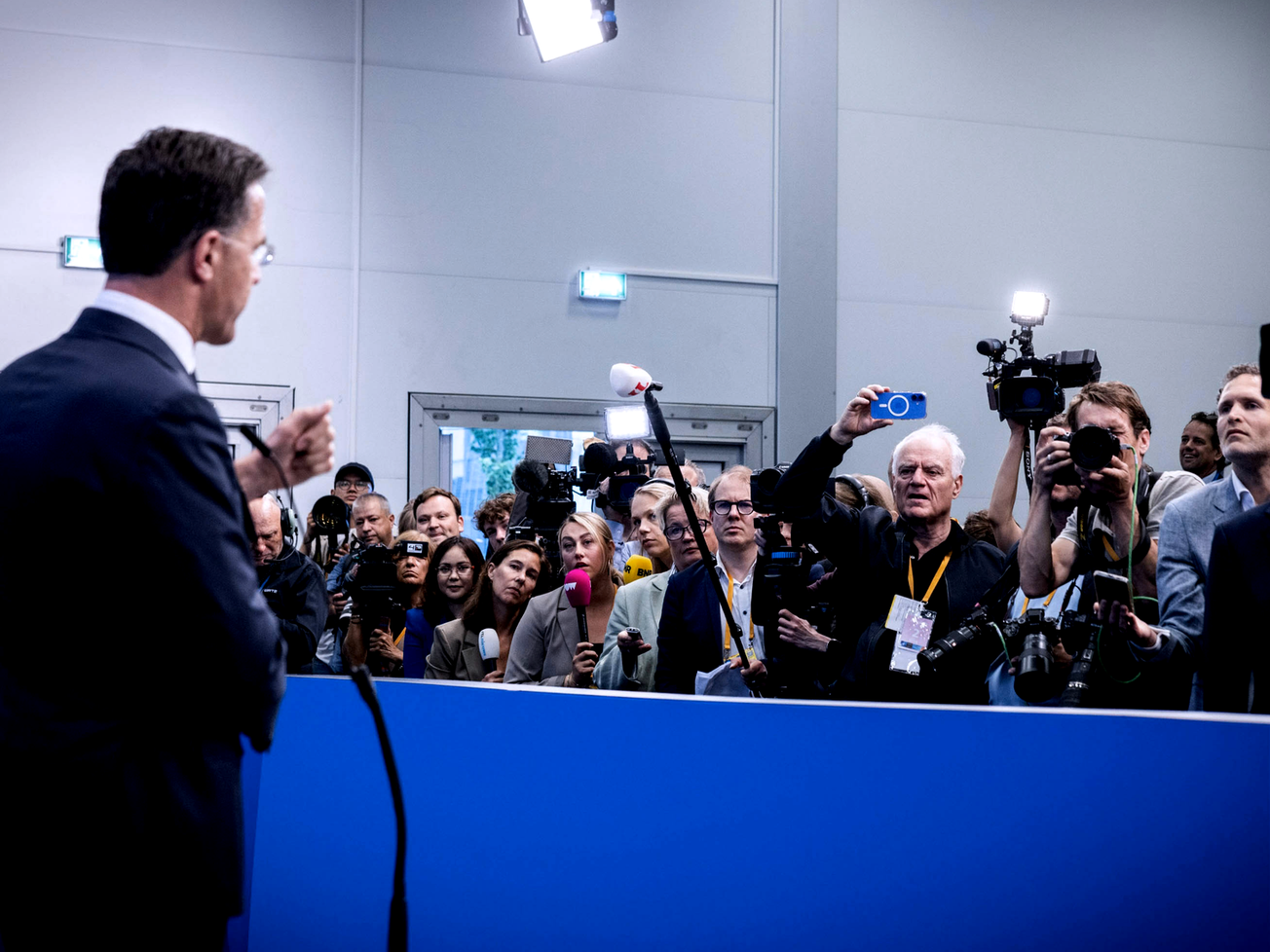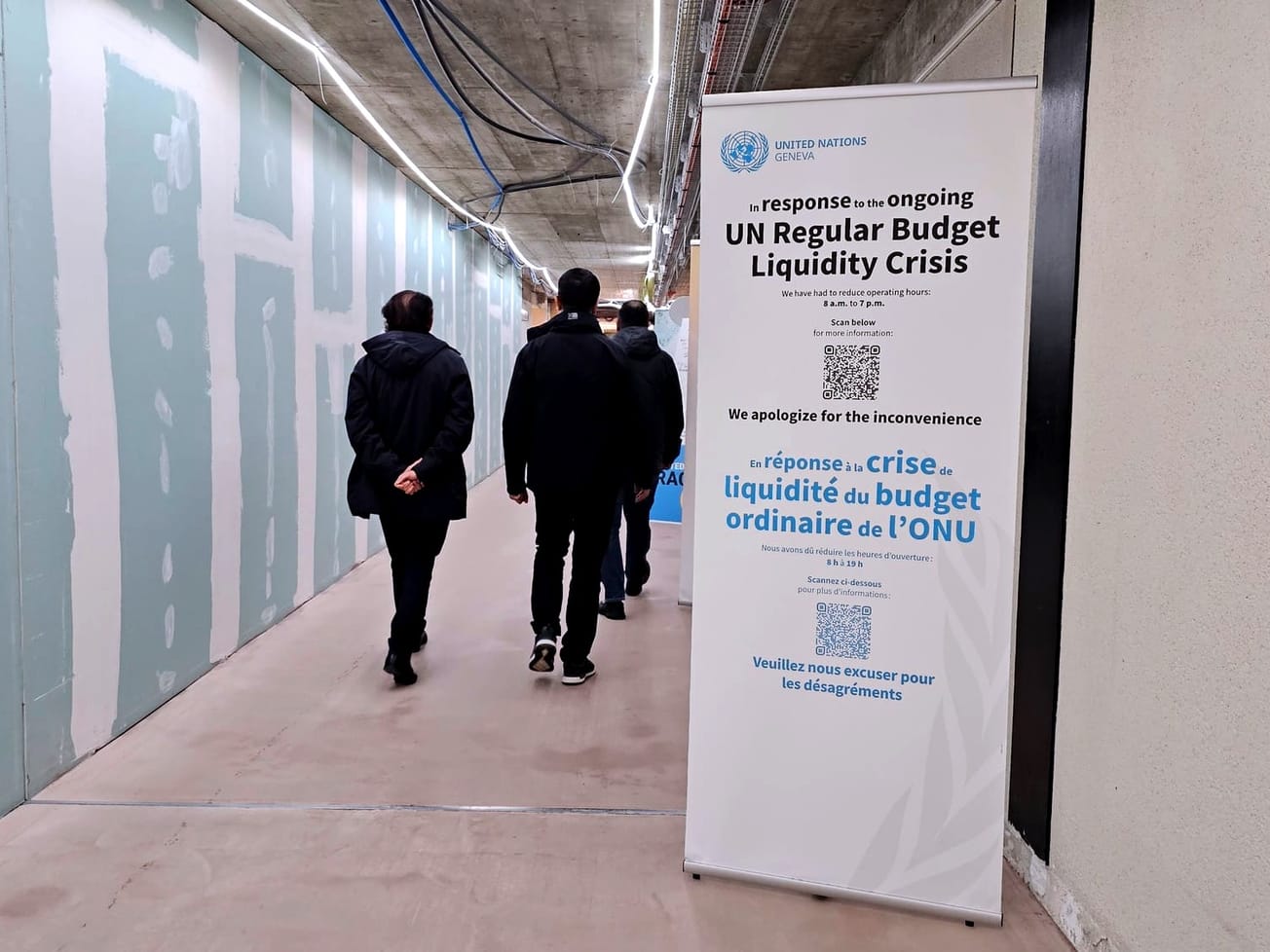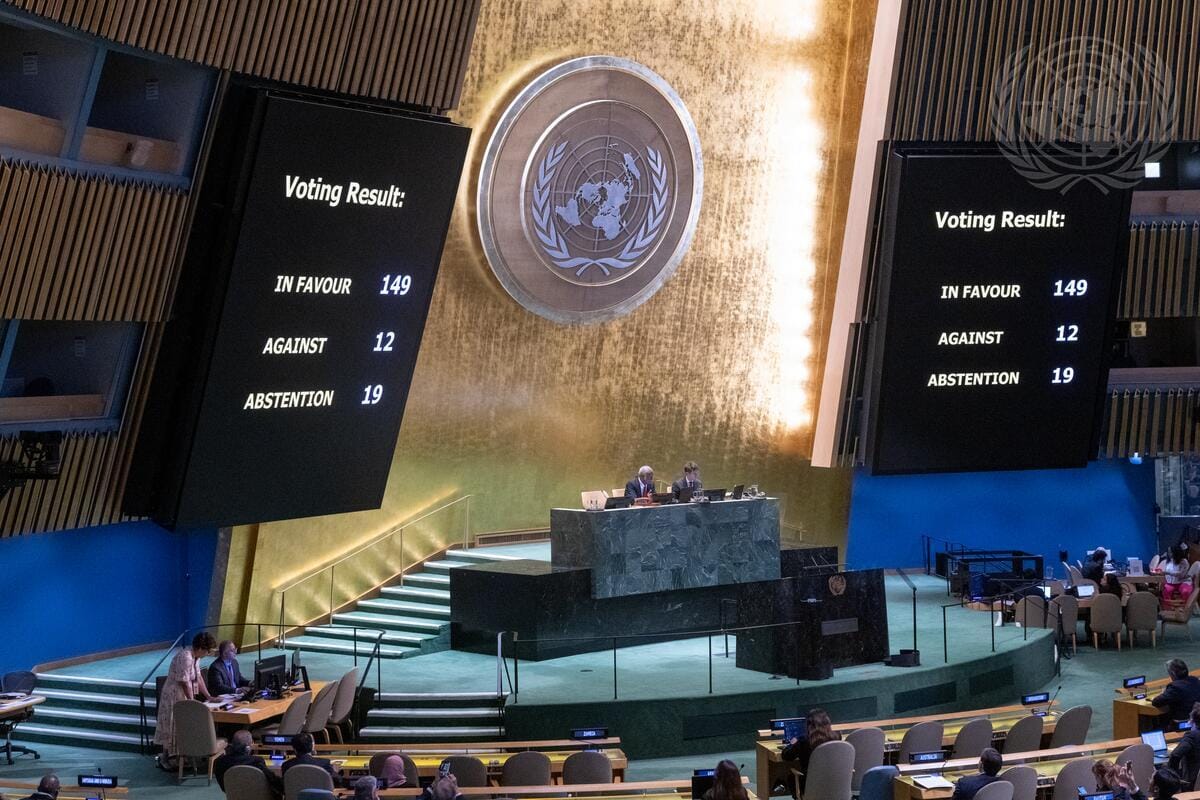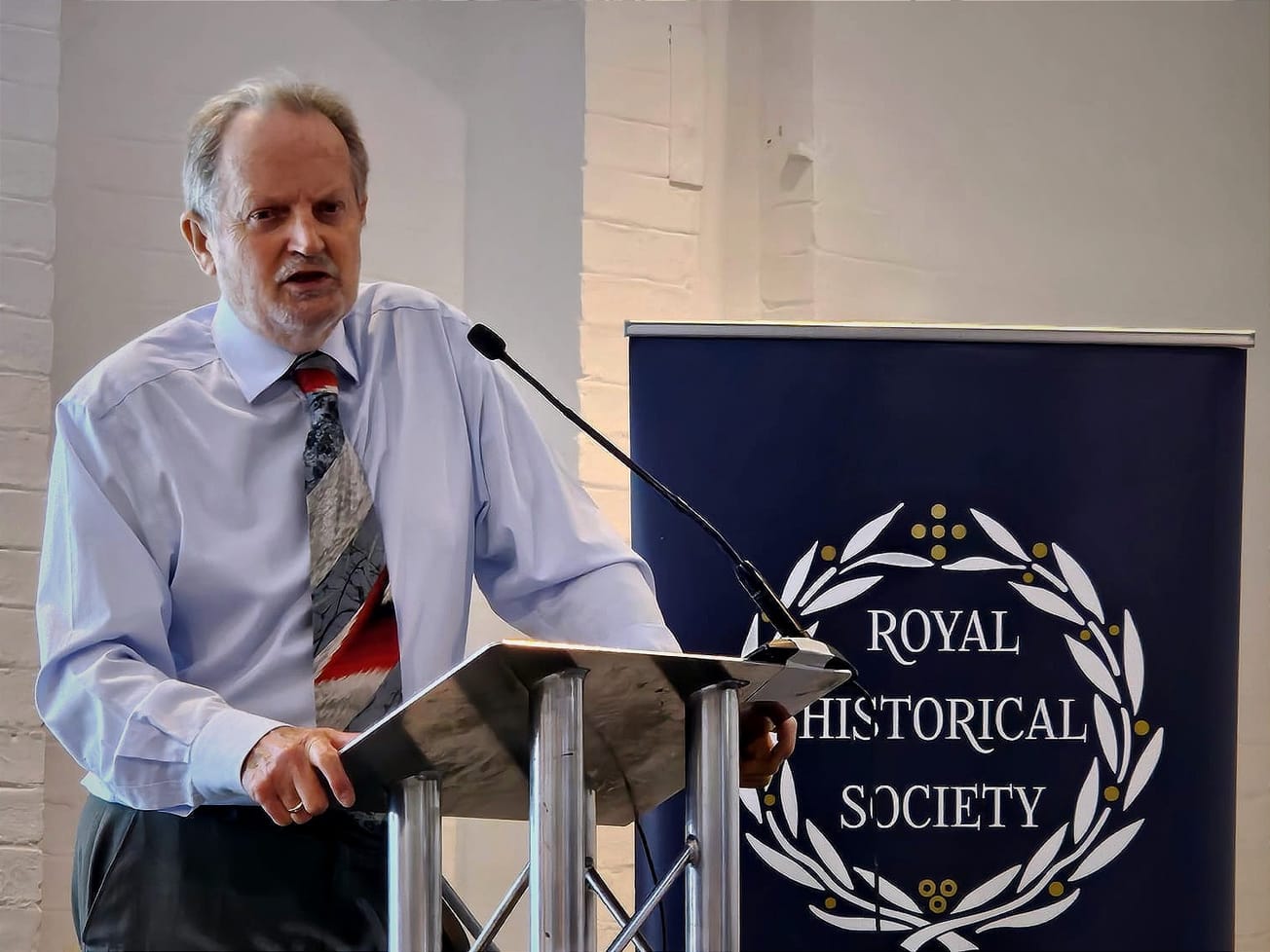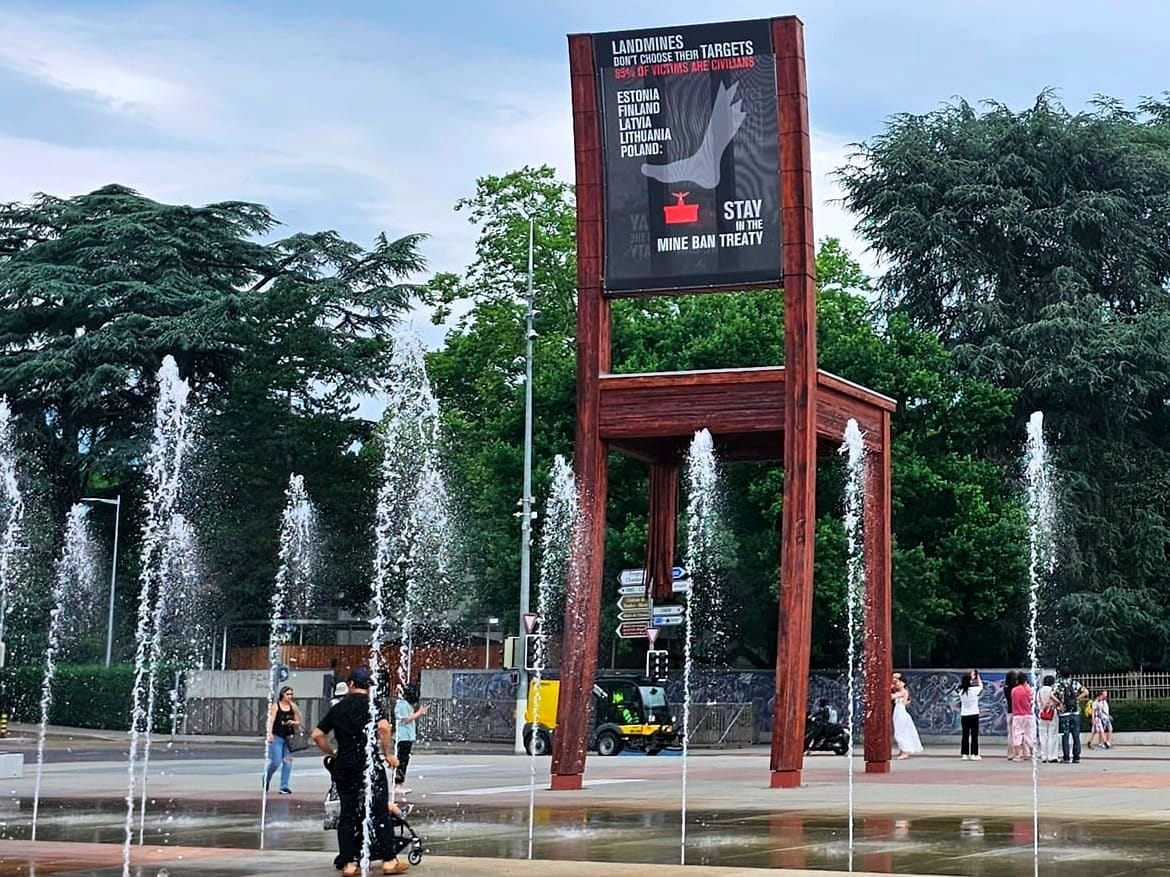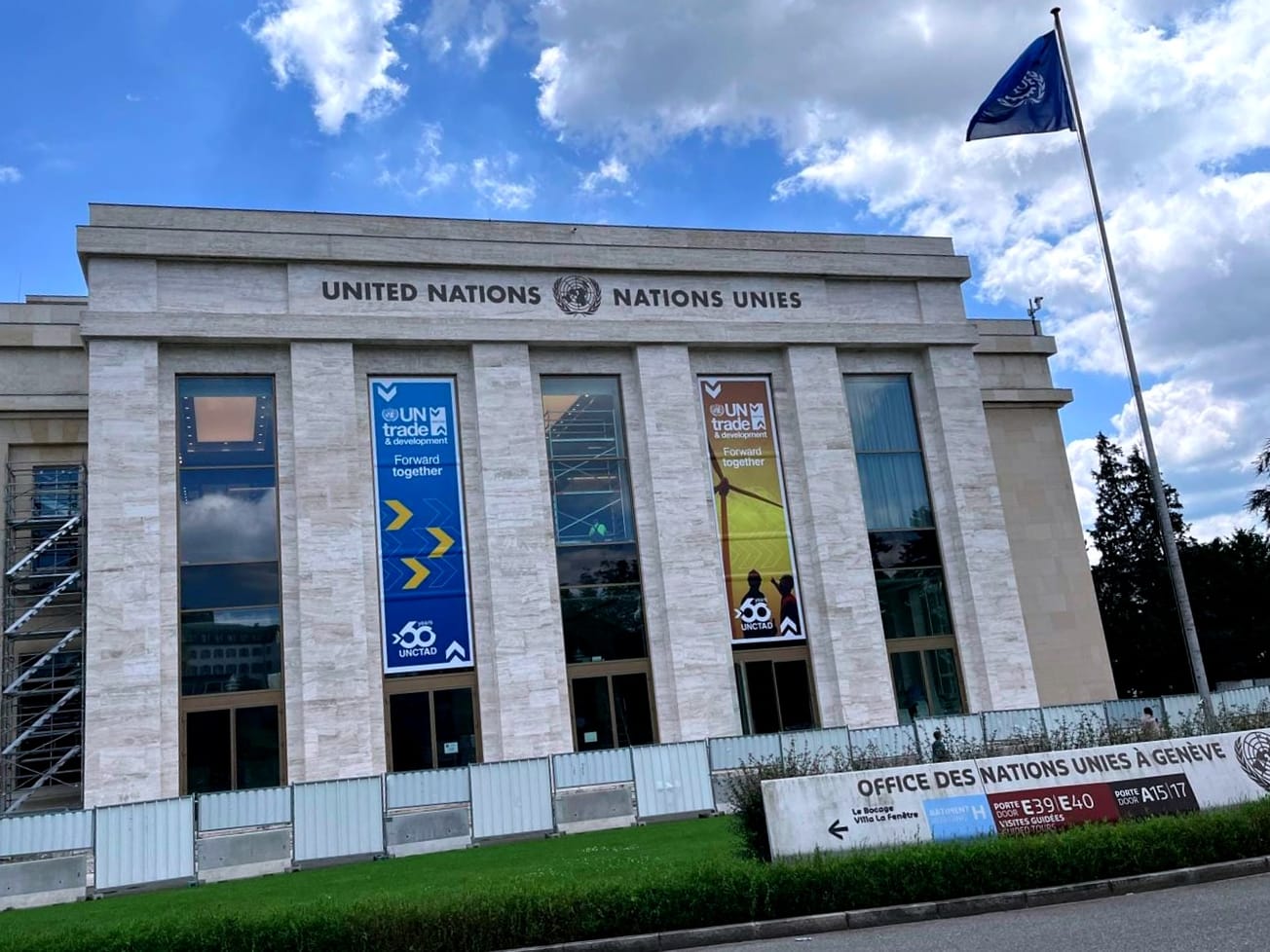WASHINGTON (AN) — Two key Cabinet members in U.S. President Donald Trump's administration steered clear of a Group of Seven preparatory meeting, compounding the injury caused by Trump at last year's G-7 summit.
A meeting of foreign ministers in the French seaside resort of Dinard this week will not include two senior U.S. officials, Secretary of State Mike Pompeo and Homeland Security Secretary Kirstjen Nielsen.

